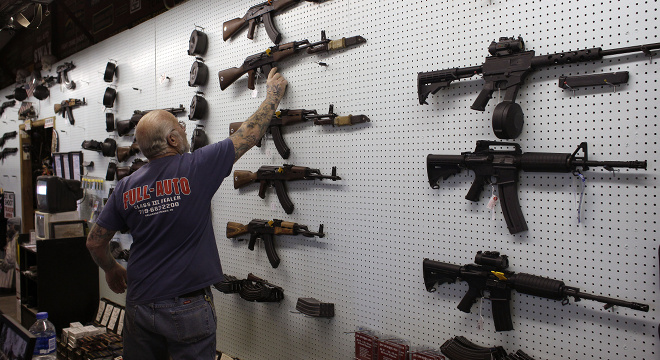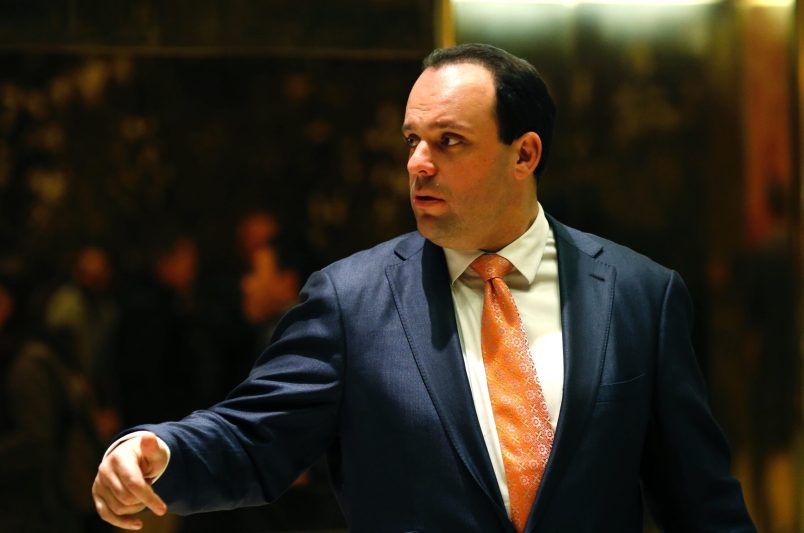After I wrote this post yesterday, a trusted Republican correspondent of mine emailed to ask “Are you going to write about the ‘filibuster’ of the Cornyn, Grassley and Burr amendments? The Grassley amendment had majority, bipartisan support. The Cornyn and Burr amendments got MORE votes than Manchin, but because Dems ‘filibustered,’ they didn’t pass.”
He’s right.
I focused on the background check amendment because it was the big enchilada — the bipartisan measure that was supposed to be the basis of a consensus Senate gun bill. But the truth is that supporters of the Manchin-Toomey legislation have to accept that in a world — or, since we’re talking about the Senate, under a unanimous consent agreement — where filibuster rules were tossed out the window, Manchin-Toomey probably would have passed in conjunction with some other stuff that made weapons more pervasive.
Maybe then some gun control advocates would’ve rethought their support for the final bill and it would’ve died anyhow. Substantively the same outcome, but reached in a much more transparent and democratic way.
Of course, we can’t just map yesterday’s roll call votes on to an alternate universe in which the filibuster doesn’t exist. We say for sure what the vote count on, John Cornyn’s concealed-carry reciprocity amendment would have been if thresholds had been set at majority rule because everyone’s incentives would have changed. Would so many Democrats have weakened their background check legislation by allowing more concealed firearms if the former had passed? Would Susan Collins and Mark Kirk have voted for the underlying background check amendment if they believed it would become law?
We don’t know. And so in the end all of this circles back to the point of the original post. Whether we’re talking about Democratic filibusters or Republican filibusters the fact is that at its core, the routine supermajority requirement shields elected officials from basic democratic accountability.
Yesterday, it freed up a bunch of Democrats to vote for NRA-backed Republican amendments they knew would never become law. And it bought three vulnerable Republicans — particularly Toomey, who coauthored the background check legislation but rallied almost no GOP support for it — some much-needed moderate credibility, without dealing the gun lobby a substantive blow.
These incentive effects exist in majority-rule environments, too. Sans filibuster, Senate gun control legislation would’ve been Harry Reid’s project alone, and who’s to say what Mary Landrieu and Joe Donnelly would’ve done if they knew they lacked bipartisan cover and would be on the hook for actual changes to the law. It might’ve fallen apart anyhow. But at least everyone in office would’ve been clearly on the hook for both their substantive views and real policy outcomes.







